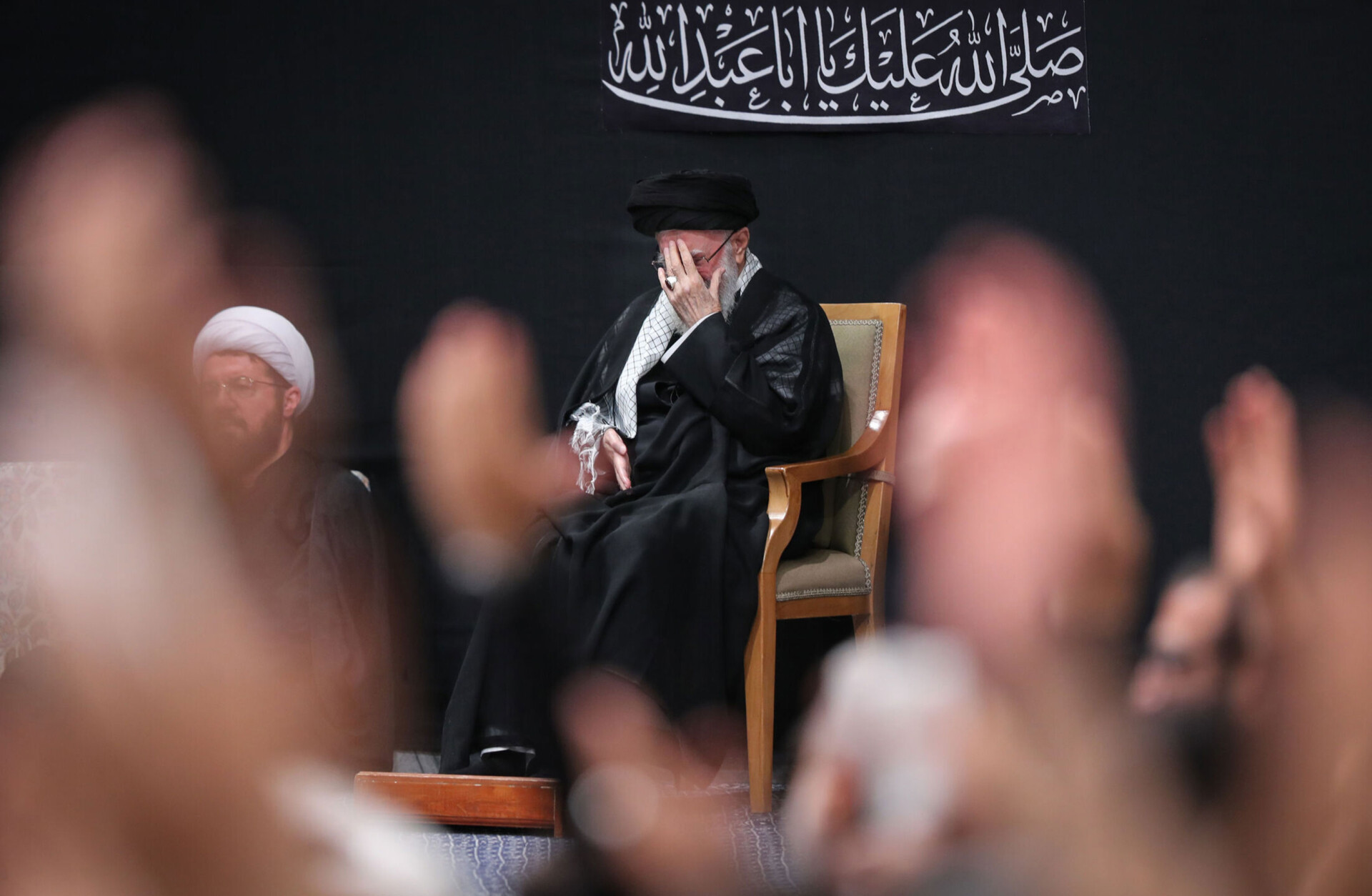Hosted by Faisal Al Yafai
Featuring Afshon Ostovar
Produced by Finbar Anderson
Listen to and follow The Lede
Apple Podcasts | Spotify | Podbean
According to historian and author Afshon Ostovar, Iran’s interactions with its neighbors — most recently marked by the short but hugely destructive war with Israel — are about much more than influence over the Middle East. “From the perspective of the Islamic Republic, what it’s trying to do is lay the groundwork for a different world order. This is what they’ve been trying to do since 1979,” Ostovar tells New Lines’ Faisal Al Yafai.
Iran is marked out by the lengths to which it will go to try to achieve its goals, Ostovar says. “Iran has devoted a lot more to advancing its foreign policy interests than I think just about any country in the world. To me, that’s what makes Iran really significant. It’s much more active, much more devoted to what it’s trying to do than I think just about any other country.”
“From the perspective of the Islamic Republic, what it’s trying to do is lay the groundwork for a different world order.”

Ostovar and Al Yafai disagree over the ambitions of Iran’s principal antagonist, the United States, in the Middle East over recent decades. “Sometimes it is framed as, ‘What we want is a flourishing Middle East,’ [but they] don’t want powerful states,” Al Yafai argues.
“One thing that I think is hard to appreciate about the neocons is that they really believed in this theory that democracies created peace,” counters Ostovar, who suggests too that Iran’s hope vis-a-vis Palestine and Israel was to “create a Palestine in which you have one person, one vote, and you no longer have a Jewish state.”
“I would question whether they really believed that,” responds Al Yafai. “Post the Arab Spring, we have seen what world the Iranians wanted to create, and it wasn’t a world of flourishing Middle Eastern states. It was a world they were destabilizing.”
Here, Ostovar agrees, saying, “Iran’s not actually trying to create anything helpful. … What ends up happening is that you never have any side winning, you just have this constant churn of violence. Anywhere that Iran touches, the people they empower are just militants. They know how to kill, they know how to maim, they know how to coerce, but they have no idea how to lead.”
Moving to a personal discussion of his feelings around studying the country of his family’s origin, Ostovar says, “The saddest part about it is that I don’t personally have the ability to go back and trace those footsteps, to have an experience of seeing this village or this neighborhood. In some respects the graveyards of my ancestors don’t even exist anymore.”


